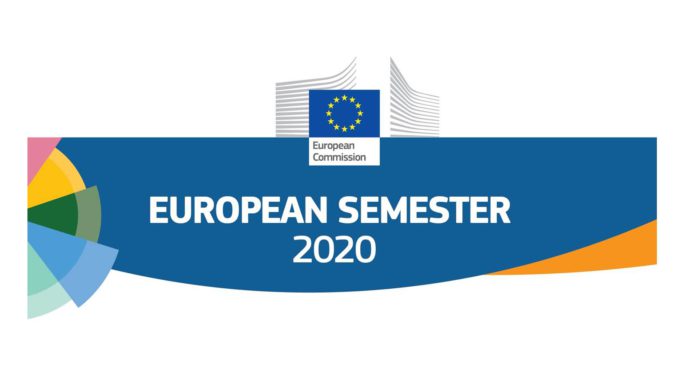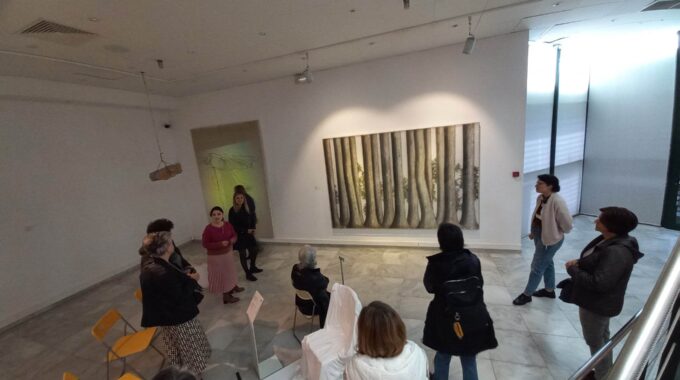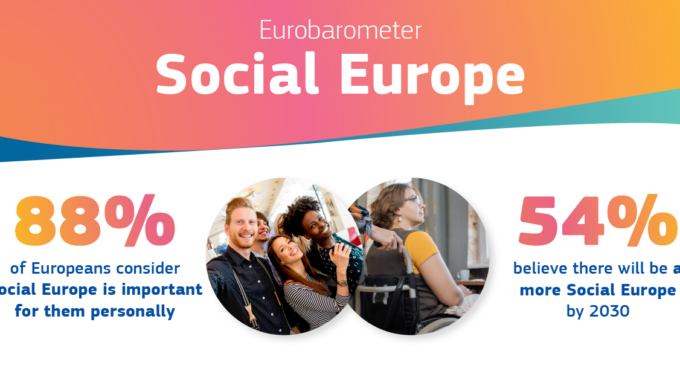
Publication of the country reports by the European Commission: are the challenges related to informal caring well identified in your country?
Last month, the Commission published country reports analysing each Member State’s key socio-economic challenges. These country reports are part of the European Semester, established in 2010 as an annual process through which EU countries coordinate some of their policies and address the common challenges facing the EU. While it primarily focused on economic policies in the first years, the process has progressively incorporated employment, health and social policy elements, hence becoming more and more relevant to Eurocarers’ – and civil society organisations’ – missions. Furthermore, the European Semester has now integrated the principles of the Pillar of Social Rights as proclaimed by the European Union in 2017. Importantly, this process is also a guide to how EU Funds should be used in each country so that they contribute effectively to the agreed objectives.
In 2020, for the first time, the reports assess Member States’ progress towards the United Nations Sustainable Development Goals (SDGs), highlighting the macro-economic and employment policies that can help to achieve them. They also analyse the challenges and opportunities for each country arising from the climate and energy transition, aiming at a “successful green and digital transition that leaves no one behind”, as said by Nicolas Schmidt, Commissioner for Jobs and Social Rights.
Since 2015, Eurocarers has been reviewing the EU Semester’s documents for all EU countries every year, underlining content that is of relevance to our concerns. In the last years, more and more attention has been geared to informal carers as main providers of care, in the context of demographic transition and threats to the sustainability of health and long-term care systems.
As every year, Eurocarers’ Secretariat will publish an analysis of 2020 documents to assess the extent to which the recognition of informal carers is in progress across the EU. We would also like to invite you to share your views concerning your country report. Does it reflect the challenges faced in your countries concerning health and long-term care? Does it mention informal carers?
Do not hesitate to use this document for the purpose of advocacy at national level. Should your country‘s National Report shed light on challenges specifically related to informal care and carers, you could use the opportunity to hold your government accountable for its (in)action. Should your country’s National Report not mention informal care at all, you could challenge this lack of visibility.
All contributions will help us strengthen our advocacy regarding the European Semester, which is a key policy instrument at EU level.
For more information:
Eurocarers’ Briefing on the European Semester 2019: how to build on the increasing focus on care?





